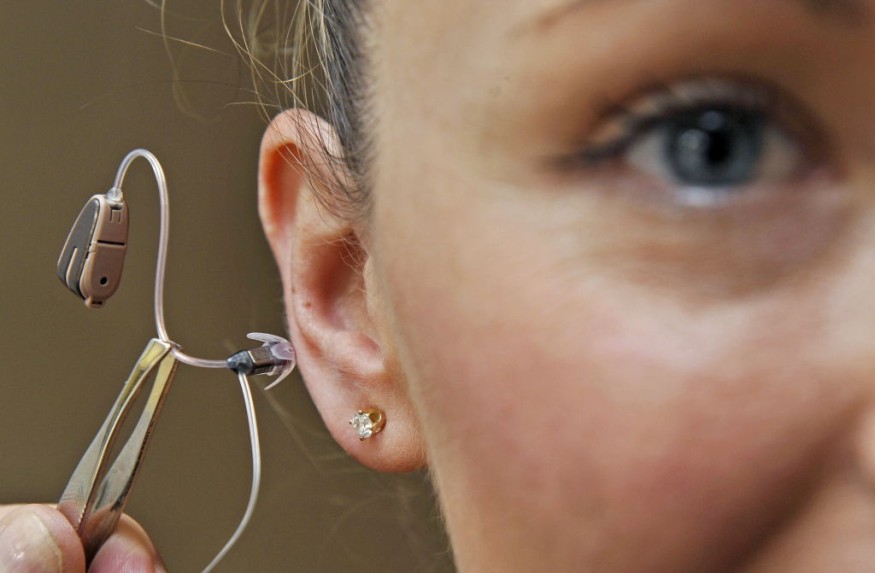
According to a long-awaited regulation announced Tuesday, large numbers of Americans will now be allowed to purchase auditory equipment with no need for a diagnosis, beginning this autumn.
Over-the-Counter Hearing Aids
The Food and Drug Administration recently announce that the legislation introduces a novel category of cochlear implants that do not necessitate a clinical examination, authorization, or similar specialist assessment, as per the Associated Press.
This is intended to boost competitiveness and, as a result, reduce expenses. The gadgets would be available for purchase electronically or at drug stores as well as similar local shops.
Moreover, the aids are designed for persons who have light to moderate auditory impairment. According to the FDA, about 30 million individuals may gain from audio aids, yet barely around one-fifth of those with auditory difficulties presently wear them, the US News reported.
In official interview, Health and Human Services Secretary Xavier Becerra informed journalists on Tuesday that today's FDA approval marks a key breakthrough in keeping audio devices increasingly affordable and ubiquitous.
The FDA suggested the regulation the previous year, and it is set to go into operation in mid-October. The announcement comes after ages of criticism from health professionals and public activists to provide the gadgets more affordable and accessible.
As per ABC News, an auditory support may cost more than $5,000 in the United States, including the gadget and installation procedures. Medical health coverage is restricted, and Medicare solely covers diagnosis and treatment, not assistive devices.
While White House economic advisor Brian Deese stated that the obligation to visit a professional constituted not merely as a pain and a nuisance for several customers, yet it also constituted a market impediment to participation.
According to official calculations, Americans might just outgrow up to $2,800 per set in the long run. However, FDA experts warned about forecasting the magnitude or timing of gains, saying that plenty would rely on when companies debut goods and how they market them, media site - Time, updated.
US Regulators Opinion on Accessible Hearing Aids
FDA regulators anticipate increasing market from emerging companies in addition to smart technologies from established assistive listening producers.
As per Kate Carr, chairwoman of the Hearing Industries Association, which comprises producers, diagnostic tests and fits currently accounted for around two-thirds of the expense of cochlear augmentations.
Carr stated that five businesses manufacture the majority of the gadgets supplied in the United States, despite the fact that over 80 corporations are authorized with the FDA to commercialize the items.
Consider that this has debated for five years presently, Carr, assume companies have had enough time to make preparations. The newfound over-the-counter position will not extend to particularly serious auditory damage equipment, which will continue medication restricted.
Glenda Greer of Loudon, Tennessee, claimed that she had trouble hearing talks at workplace and at busy venues for 7 years prior receiving her initial ear piece.
Furthermore, CTV News told media that a former professional physician, explained that the old devices simply produce things so much simpler since it didn't just have to concentrate on individuals' faces or attempt to interpret lips.
Device solutions businesses have been producing lower-cost intimate audio enhancement gadgets for ages; however, they are not FDA-approved and cannot be sold as hearing protection in the United States.
In light to consumer feedback, the FDA amended numerous aspects of its first plan, notably defining how the policy would influence local ordinances, the CNBC recently covered.
The move on Tuesday comes after pushing from professional panels and Lawmakers, which directed the FDA in 2017 to develop a strategy for over-the-counter audio equipment.
Related article : New Molecule Found to Effectively Control Drug-Resistant Bacteria
© 2025 NatureWorldNews.com All rights reserved. Do not reproduce without permission.





